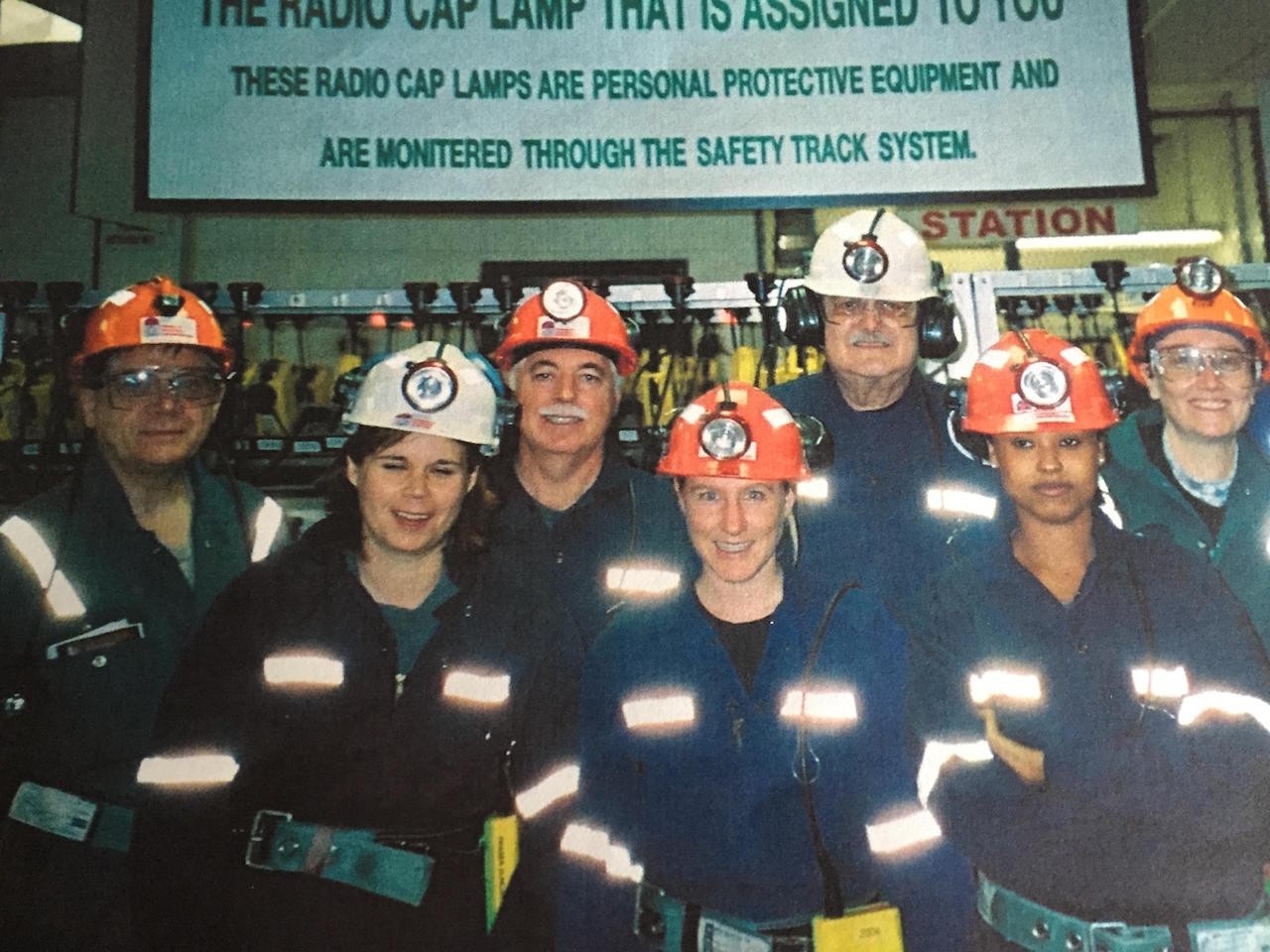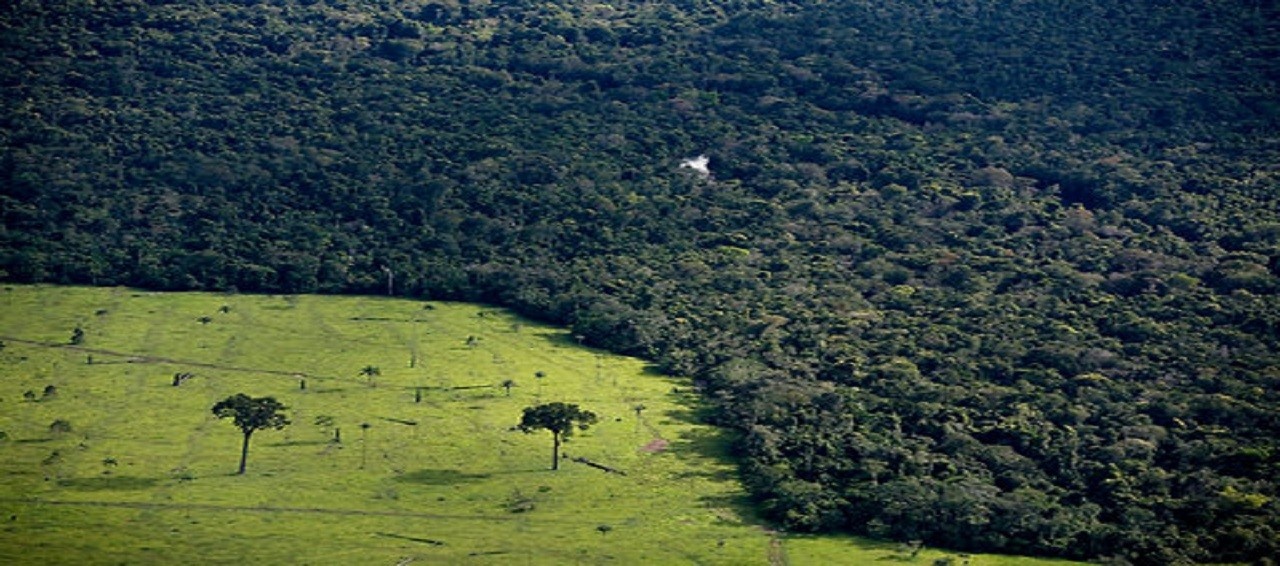Sue Dobson
Sue Dobson (MA IDS 2000),
National Research Council of Canada, Ottawa

“Everything is available to learn” is Sue Dobson’s motto. Look where it took her!
Sue Dobson (MA IDS 2000) recalls one of her professional highlights: visiting the Sudbury Neutrino Observatory, a science laboratory located in the Creighton Mine near Sudbury, Ontario.
Dobson suited up in mining gear and travelled two kilometres underground in an elevator shaft. After walking through the nickel mine, Dobson stripped off her mining gear, showered and put on a new set of clothes. The final destination: a laboratory of scientists researching physics particles called neutrinos.
“The people I work with on a daily basis are some of the smartest people in Canada and in the world,” says Dobson. “You meet them and they tell you what they’re working on and you’re just, sort of, blown away.”
“It never gets old.”
I loved the way that it was set up. I loved the fact that we went to some classes and we would study for two, three hours and then we’d go to the grad pub for the discussion.
From Ottawa, Dobson attended Dalhousie University and graduated with a MA in International Development Studies in 2000. Dobson also holds a BA in anthropology and International Development Studies from Wilfred Laurier University (1998) and a PhD in Geography from Simon Fraser University (2009).
Out of her three degrees, Dobson says her Master’s degree at Dalhousie was the most intellectually challenging. She credits this to the small class sizes and high calibre of professors, like Ian McAllister, Timothy M. Shaw and Scott Wood.
“I loved the way that it was set up. I loved the fact that we went to some classes and we would study for two, three hours and then we’d go to the grad pub for the discussion,” says Dobson.
“It was a community atmosphere.”
Dobson says her studies in International Development taught her that “everything is available to learn.” From studying different disciplines, Dobson says the program gave her confidence in the ability to research and learn new information.
“That confidence has taken me far,” says Dobson. “Just because I don’t know it, doesn’t mean I can’t learn it.”
It requires you to have that multidisciplinary lens. Being able to understand people and just how people communicate in different disciplines and different languages gives you a leg up when you’re doing work that comes in quickly and from different perspectives
Even before finishing her PhD, Dobson started working at the National Research Council of Canada (NRC). The NRC focuses on research and development in engineering, life sciences, physical sciences and emerging technology. Dobson has worked at the agency for 13 years.
“It’s really doing all of these different areas in science and technology for the value for Canada,” says Dobson.
Dobson previously worked as a policy integration officer, but transitioned into the position of strategic advisor in June 2017. Dobson says work in policy for the NRC focuses on “knowledge brokering.”
“The researchers are very much into their labs and their work and what they’re doing,” says Dobson. “But, it’s difficult for them to take time out to then massage what they’re doing and into political language, so that other people understand it.”
Dobson says the policy integration officer acts as the link between the government and scientific researchers; communicating with the government about what the researchers are doing and how it could be used in terms of the country’s objectives.
Dobson says the position of strategic adviser is a more administrative and facilitating role. Working in the president’s office, Dobson makes judgements and approves anything from human resources to scientific work before it is filtered back out.
“It requires you to have that multidisciplinary lens,” says Dobson. “Being able to understand people and just how people communicate in different disciplines and different languages gives you a leg up when you’re doing work that comes in quickly and from different perspectives.”
While Dobson says her work does not have an international component, she says it coincides with the development aspect of her degrees. Dobson says her job corresponds with the international development approach of looking at everything from multiple lenses and melding different disciplines to accomplish an objective.
“Taking all these siloed perspectives and meshing them together. That’s what IDS does. It takes every different angle and puts it together to address an issue.”
Taking all these siloed perspectives and meshing them together. That’s what IDS does. It takes every different angle and puts it together to address an issue.
